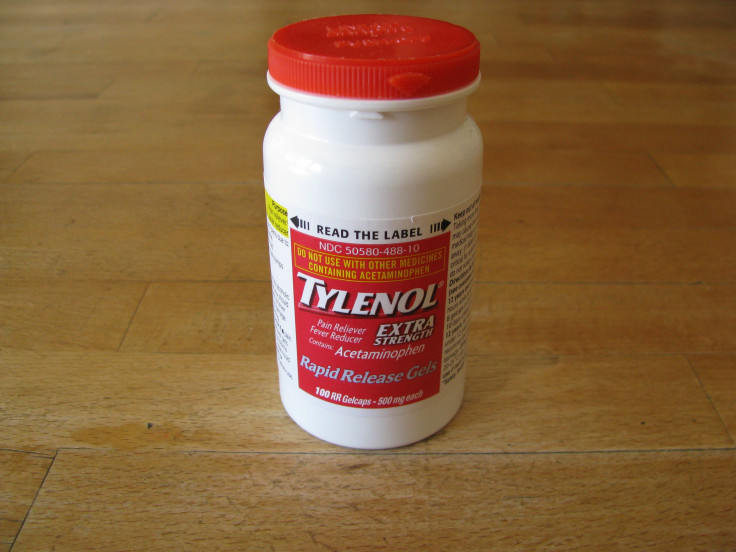Trump's Dangerous New Health Scare: POTUS Urges Pregnant Women Not to Take Paracetamol, Falsely Links It to Autism
Health experts condemn President Trump's call for pregnant women to avoid paracetamol, stressing no proven link to autism and warning against misinformation.

President Donald Trump has urged pregnant women to shun paracetamol, wrongly claiming the painkiller is tied to autism, sparking alarm among doctors who warn his remarks could put mothers and babies at risk.
But health experts have pushed back, warning that his remarks are misleading and could endanger women and their babies.
At a White House press conference on Monday, Trump told women to 'fight like hell not to take' Tylenol during pregnancy.
He also questioned the safety of combined vaccines such as the measles, mumps and rubella (MMR) shot, suggesting they should be given separately, according to Al Jazeera.
The US Food and Drug Administration (FDA) is reportedly considering updating the labels of over-the-counter acetaminophen products to reflect a 'correlation' between prenatal use and conditions like autism and attention-deficit/hyperactivity disorder (ADHD).
But the agency has stressed that no causal link has been proven, Reuters reported.
Medical Experts Condemn Trump's Remarks
The American Academy of Paediatrics and the American College of Obstetricians and Gynaecologists said Trump's warning was 'irresponsible.'
The group stressed that acetaminophen remains one of the few pain relievers considered safe during pregnancy when used correctly.
They cautioned that untreated fever or severe pain can pose serious risks to mothers and babies, Al Jazeera noted.
According to Reuters, an extensive Swedish study of 2.5 million children born between 1995 and 2019 found no evidence that prenatal acetaminophen exposure causes autism or ADHD.
While some reviews of smaller observational studies have suggested possible associations, researchers have cautioned that these results are limited by confounding factors and do not establish causation.
White House Points to 'Mounting Evidence'
The White House, in a fact sheet released alongside Trump's comments, cited research from Harvard, Johns Hopkins, and the Boston Birth Cohort showing associations between prenatal acetaminophen use and later diagnoses of autism and ADHD.
It also highlighted early trials of leucovorin, a form of folinic acid, that appeared to improve symptoms in some children with autism.
However, experts cautioned that the findings are preliminary and should not be used as a basis for broad health guidance, according to the White House.
Dr Rebecca Sharfstein of the American College of Obstetricians and Gynaecologists said Trump's comments were 'dangerous,' adding: 'Associations do not prove causation, and scaring pregnant women away from appropriate treatment can be harmful.'
Risks of Misinformation
Public health specialists warned the president's claims could lead women to avoid paracetamol even when medically necessary.
Untreated fever in pregnancy is known to increase the risk of complications. Others cautioned that Trump's rhetoric risks deepening stigma around autism by suggesting maternal behaviour is to blame, Politico reported.
Experts also voiced concern that Trump's intervention undermines public trust in health guidance. Dr Jessica Rivera, a public health analyst, told Al Jazeera: 'We risk confusing families when political leaders override decades of research with unproven claims.'
Scientific Consensus
The consensus among medical bodies is clear: acetaminophen, when used in recommended doses, is safe for managing pain and fever during pregnancy.
Both the American Academy of Paediatrics and the American College of Obstetricians and Gynaecologists continue to advise pregnant women to consult their doctors before taking any medication.
No study has proven that paracetamol causes autism, and experts warn that political statements should not replace established medical science.
© Copyright IBTimes 2025. All rights reserved.





















